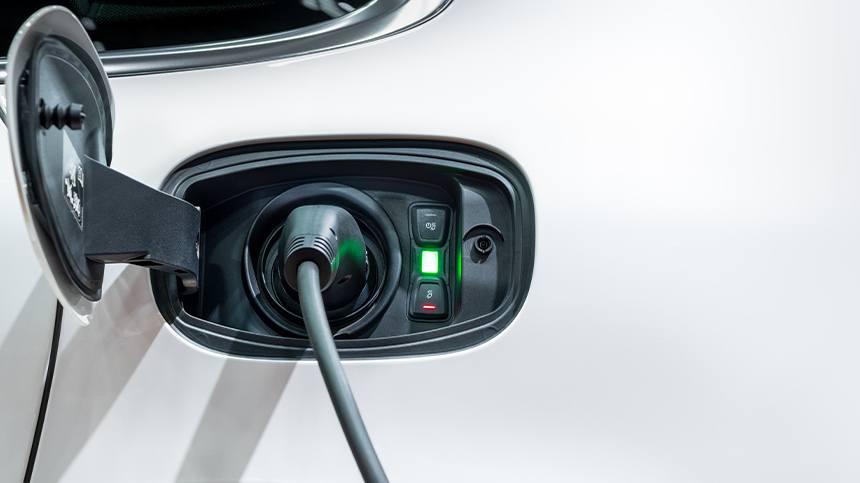Public charge rollout behind schedule

More than half of local authorities are failing to rollout public electric car charge points at the speed necessary to meet the government’s target of 300,000 by 2030.
According to research carried out by LeaseLoco, based on data from the Department of Transport, 61% of authorities are falling behind the required installation rate.
It has found there are currently only 32,011 public chargers across the UK, of which 5,974 are rapid chargers. With another 268,000 public chargers to be installed to hit the 300,000 target, and only 90 months to achieve this, local authorities need to grow their charger network at an annual rate of 32%; but the majority are woefully short of this growth rate.
LeaseLoco analysis found that 228 of 375 local authorities fell below the target over the past 12 months, while more than a quarter (26%) expanded their public charger network by less than 10% in that time, and 22 authorities actually saw their public charging network decrease.
According to figures from the Department of Transport, the electric car charger rollout across the UK stalled for the second quarter running, with 1,721 installed from April to July 2022, down 10% on the previous quarter, and 30% off the number of chargers installed in the last quarter of 2021.
John Wilmot, CEO, LeaseCoco, said: “These latest figures reveal the stark reality, that as the UK transitions to electric vehicles, the charging infrastructure rollout is not progressing at a fast enough rate in many areas. The government has a colossal task on its hands if it hopes to hit the 300,000 target by 2030, and create a charging infrastructure able to cope with the growth in EV ownership over the next decade.
“Although home charging will have a pivotal role to play, there will still be a huge reliance on the public charging network. And the ramifications on local economies of a substandard charging infrastructure could be severe.
“Also, the public isn’t stupid. They won’t be convinced to early switch to electric if they don’t believe the charging infrastructure can cope with demand. And the government will have scored a huge own goal by declaring such an ambitious target and then coming up woefully short of it.”








